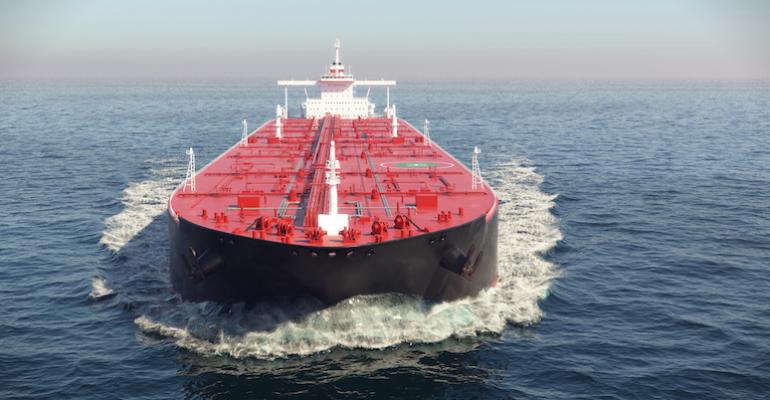Israel claimed to have intercepted 99% of the incoming weapons and said one seven-year-old girl, in a critical condition from flying shrapnel, was the only casualty.
In an unusual move, Oslo-based analyst Rystad Energy issued a statement yesterday evening revealing that its Geopolitical Risk index increased to 1.35 in the week to April 13th, up from 1.22 the week before and the highest figure so far this year. Over the last two days, up to 14:00 hrs UK time, the index rose further, to 1.41.
Rystad warns that if global attempts by countries coordinated by the US to persuade the combatants against further hostilities were to fail, geopolitical energy premiums would rise significantly. The firm has calculated the ‘fair value’ of Brent crude for the month of April based purely on supply and demand fundamentals, at around $84 per barrel.
Spot Brent closed at $92 per barrel on Friday, up 10% on the week. The increase, therefore, could be attributed almost entirely to the ongoing conflict, Rystad said. Meanwhile, oil prices are likely to rise further on Monday.

The analysts pointed out that the response from OPEC+ is a significant unknown so far. Increasing geopolitical tension has undoubtedly complicated the cartel’s task of managing the oil market. Currently, the group has extended its voluntary production cuts until the end of June with a decision on whether to extend the cuts likely to be taken at the group’s Ministerial Meeting on June 2nd. In light of developments this weekend, however, a meeting before then cannot be ruled out.
OPEC+ currently has about six million barrels a day of spare capacity which could be brought on stream if the conflict were to escalate, Rystad said. It cited several reasons for this to be a likely course of action, including the fact that higher oil prices would fuel inflation in western economies and prompt central banks to postpone any monetary normalisation efforts, leading to weaker global economic growth.
If the Rystad analysis proves correct, higher oil production could dampen rising energy prices and generate more demand for tankers.
Copyright © 2024. All rights reserved. Seatrade, a trading name of Informa Markets (UK) Limited.
Add Seatrade Maritime News to your Google News feed.  |

